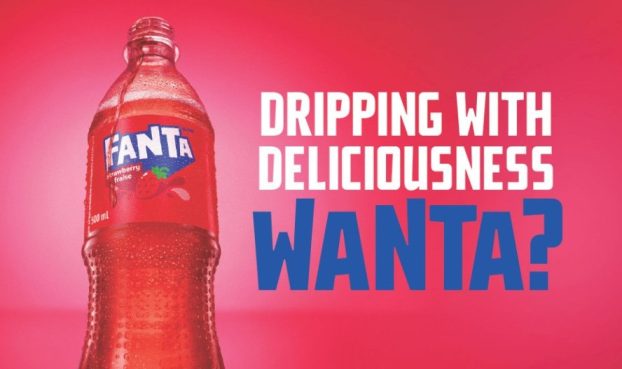Canadian consumers are more cynical about the motives of Olympic sponsors than their u.s. counterparts, according to a study from Palmer Jarvis DDB.
The study is a Canadian spinoff of a survey conducted for the past 14 years by ddb’s Chicago office (see Olympic sponsorship can pay off big, Strategy Feb. 2, 1998). It was conducted in Canada by Market Facts using its Consumer Mail Panel.
Pam Royl, strategic planning director at Palmer Jarvis DDB in Toronto, says data collected following the Atlanta Summer Games in 1996 indicated that while most Canadians feel positive about the Olympics, cynicism about corporate involvement had increased slightly since the 1992 study. Sixty-eight per cent of those surveyed felt the sponsors were just out to make money.
For sponsors, says Royl, it means taking a different approach to advertising than the overtly patriotic tone of u.s. involvement.
‘We have a different kind of patriotism,’ says Royl. ‘u.s. patriotism is rooted in their history, where our patriotism is just a real pride in what we are today.’
It also helps if sponsors have deep pockets. Royl says for Olympic sponsorship to be effective, companies must spend at least $20 million.
Royl says the study results show that Olympic sponsorship is most effective when the sponsor associates itself with a high-profile event (such as figure skating or hockey), starts advertising early, has had a long term involvement with the Games, and conducts a fully integrated program of support.
Because of cross-border advertising spillover, Royl says the chances of success for Canadian companies are even greater if their u.s. parent is also an Olympic sponsor.
The most successful Canadian sponsors of the Atlanta Games – with consumer awareness levels over 40% – were McDonald’s Restaurants of Canada, Coca-Cola Canada, IBM Canada, Kodak Canada and Visa Canada.
McDonald’s, Visa and ibm used Olympic-themed advertising and complied with the guidelines of success illustrated by the study.
Unlike at the 1998 Nagano Olympics, Coca-Cola Canada did not advertise extensively during the Atlanta Games, but gained from u.s. support and long-term association with the event, as did Kodak Canada.
u.s. company support and Olympic-themed advertising also helped UPS Canada make significant gains.
Chrysler Canada and Bell Canada did not fare as well, says Royl, likely because they didn’t have support from a u.s. counterpart.
For more on Olympic sponsorship, see Michael Gouinlock’s Event Marketing column in our Perspectives section, page 15.























